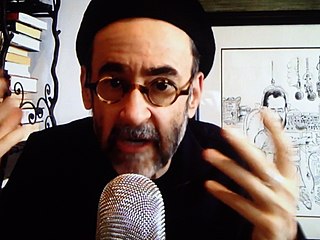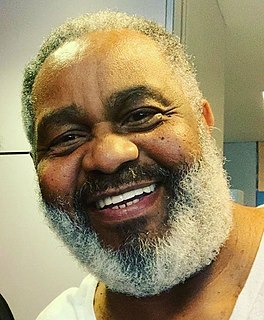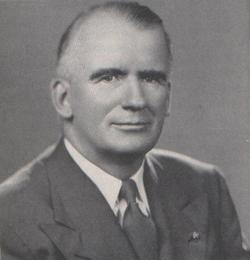A Quote by Henry David Thoreau
If the laborer gets no more than the wages which his employer pays him, he is cheated, he cheats himself.
Related Quotes
Man... is an inextricable tangle of culture and biology. And not being simple, he is not simply good; he has... a kind of hell within him from which rise everlastingly the impulses which threaten his civilization. He has the faculty of imagining for himself more in the way of pleasure and satisfaction than he can possibly achieve. Everything that he gains he pays for in more than equal coin; compromise and the compounding with defeat constitute his best way of getting through the world. His best qualities are the result of a struggle whose outcome is tragic. Yet he is a creature of love.
Often nothing keeps the pupil on the move but his faith in his teacher, whose mastery is now beginning to dawn on him .... How far the pupil will go is not the concern of the teacher and master. Hardly has he shown him the right way when he must let him go on alone. There is only one thing more he can do to help him endure his loneliness: he turns him away from himself, from the Master, by exhorting him to go further than he himself has done, and to "climb on the shoulders of his teacher."
The successful producer of an article sells it for more than it cost him to make, and that's his profit. But the customer buys it only because it is worth more to him than he pays for it, and that's his profit. No one can long make a profit producing anything unless the customer makes a profit using it.
In the beginning of the book, The Miraculous Journey of Edward Tulane, Edward is more enamored of himself than he is of anybody else. He's a very fine rabbit; he's been constructed incredibly well, and he has a wardrobe of amazing clothing. He's arrogant, and he doesn't care whether Abilene loves him or not. As the journey progresses, as he gets passed from hand to hand, he learns what it means to love. He gets more and more bedraggled, and his clothing is lost; yet he becomes finer in soul and heart than he was at the beginning of the journey.


































